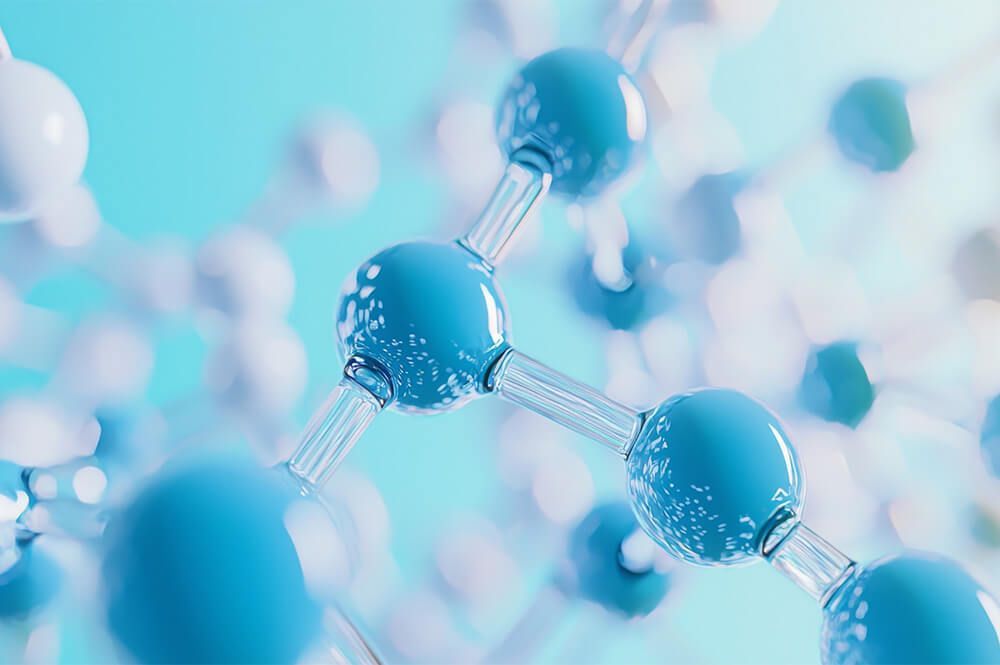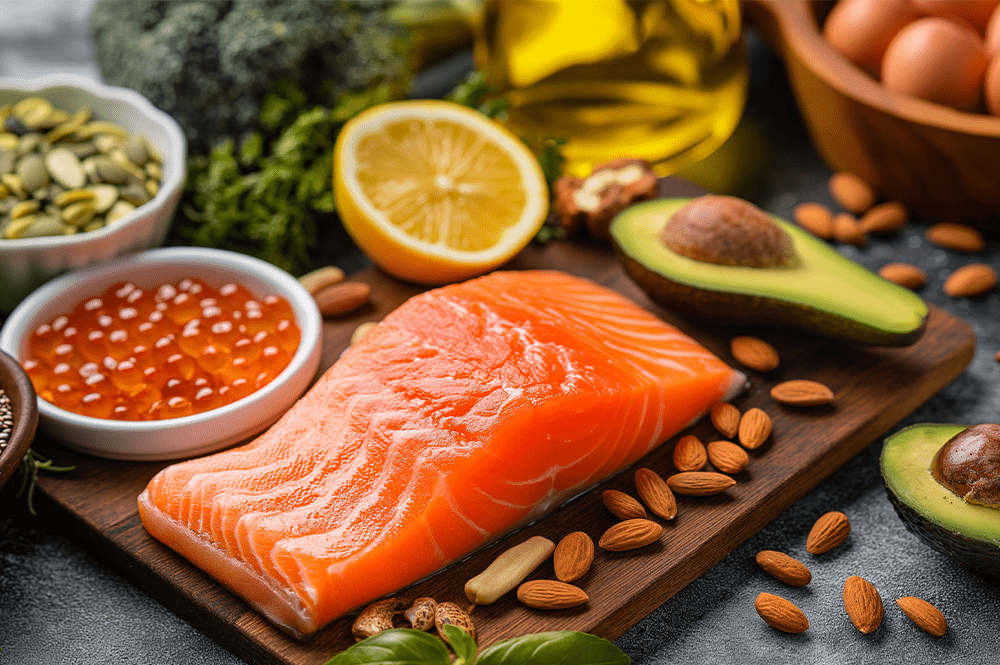Food for athletes
Supplements and vitamins to tackle seasonal changes: the guide

Why are supplements and vitamins important during seasonal changes?
Changes in daily routine and fatigue without an apparent reason are all symptoms of seasonal changes. These changes, especially for athletes, lead to increased stress on the body and greater exposure to disorders related to these transitions. To counter these issues, proper nutrition and the use of supplements and vitamins can help in facing seasonal changes.The effects of seasonal changes on the body
The immune system is under the most pressure during seasonal changes: temperature variations make the body more susceptible to colds, flu, and fatigue. Mood is also affected by these changes, causing tiredness and mood swings, especially in autumn. However, even spring, often associated with rebirth and renewal, can bring various discomforts and disorders:- Seasonal allergies: Many people suffer from pollen allergies, which put a significant strain on the immune system, often exacerbated by the intake of allergy medications. Athletes who usually train outdoors can be particularly affected.
- Fatigue and tiredness: This malaise is due to changes in circadian rhythms and the body's adaptation to the seasonal change.
- Increased hormone production: With higher production of melatonin and serotonin, some aspects of mood and sleep change. These changes can take time and energy to adjust to, affecting athletes' recovery and sleep quality.









